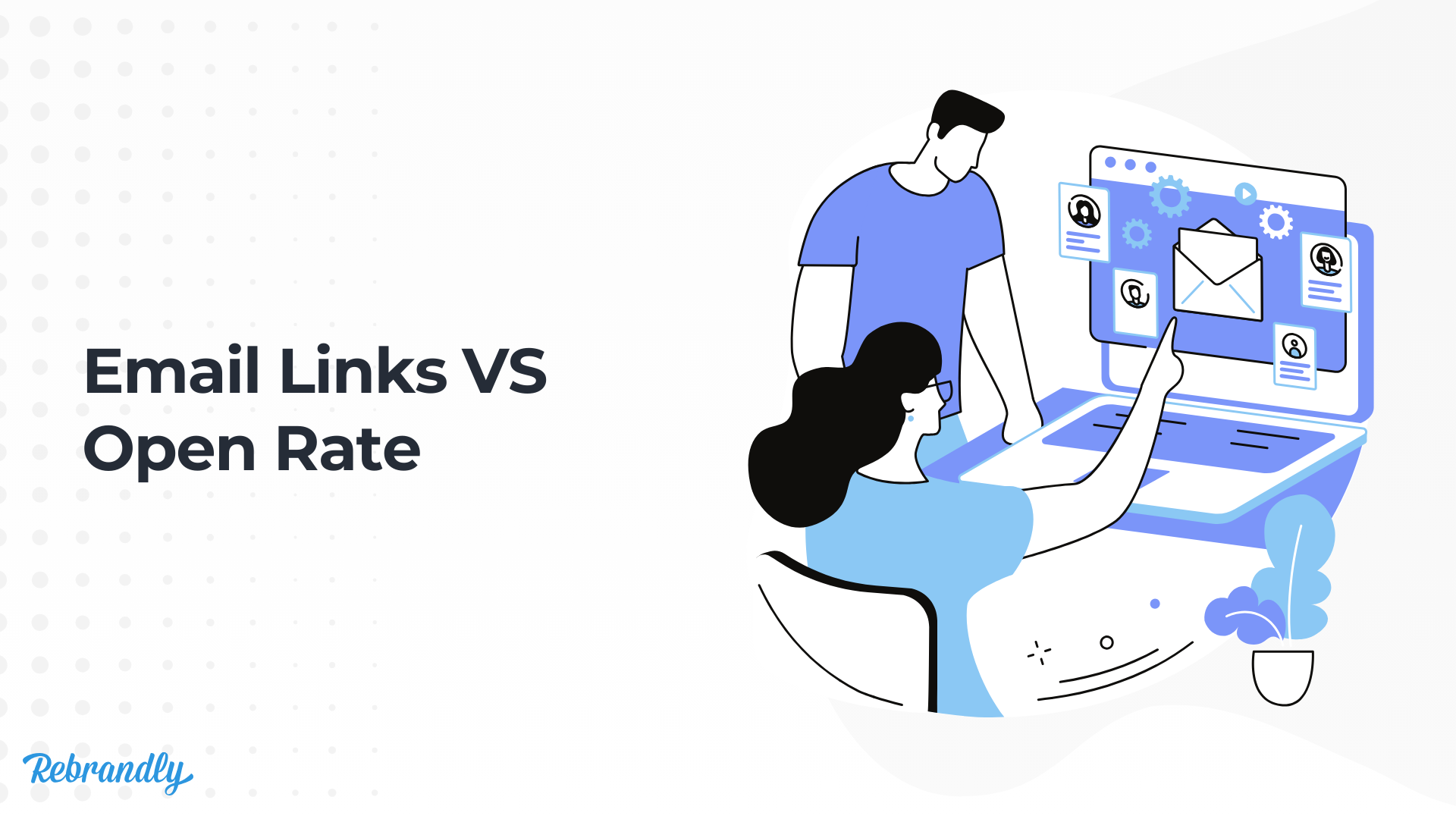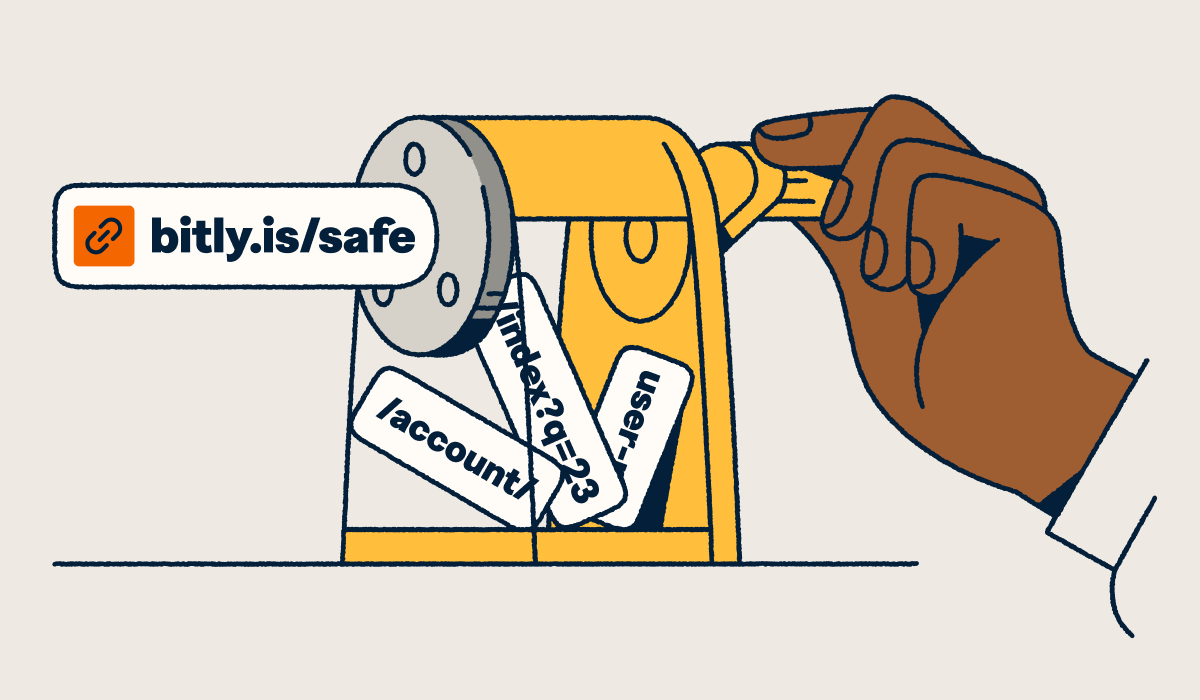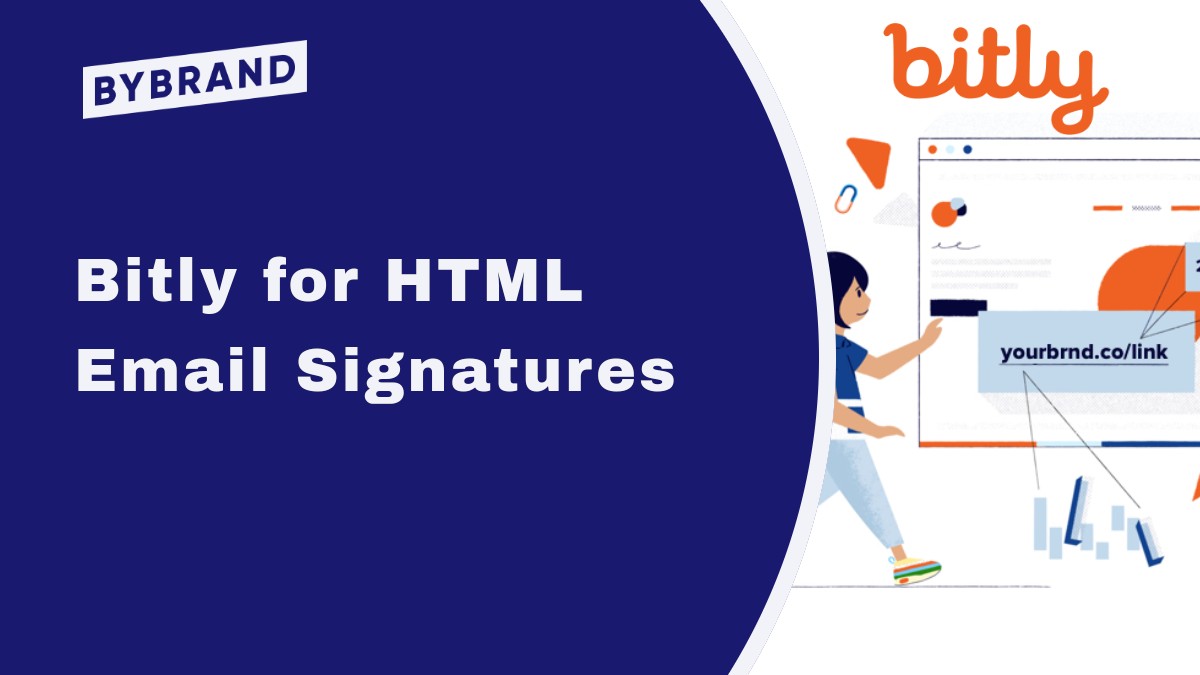Summary
Using Bitly links, or any generic URL shorteners, in email marketing introduces significant deliverability risks, even when wrapped by an Email Service Provider's (ESP) click tracking domain. While Bitly itself is a legitimate service, its public domains are frequently abused by spammers, leading to a diminished reputation that can negatively impact your emails. This can result in your messages being flagged by spam filters, delivered to spam folders, or even outright blocked, regardless of your sender reputation. The primary concern stems from the multiple redirects involved and the potential for shared blocklisting (or blacklisting) of the common shortener domains.
Key findings
- Deliverability risk: Public URL shorteners like Bitly are often associated with spam and malicious activity, which can lead to your emails being flagged or blocked by spam filters.
- Redirect issues: Even if your ESP uses its own click tracking domain, the underlying Bitly link introduces an additional redirect, which can be seen as suspicious by email filters and may harm email deliverability.
- Reputation leakage: The shared nature of public shortener domains means their overall reputation (often poor due to abuse) can affect your sender reputation, even if your specific links are legitimate. This is often referred to as cross-reputational leakage.
- Blacklist risk: Public shortener domains frequently appear on email blocklists, and sending emails with links to these blocklisted domains can lead to your emails being rejected. More information on how email addresses end up on blocklists can be found in our guides.
Key considerations
- Use direct links: Whenever possible, use the direct, full URL to your destination. This avoids unnecessary redirects and maintains direct control over your link's reputation.
- Custom short domains: If URL shortening is essential, use a custom domain with your chosen shortener (e.g., yourbrand.ly instead of bit.ly). This allows you to build and control the reputation of that specific short domain.
- Evaluate client needs: If clients provide Bitly links for tracking, discuss alternative tracking methods. Your ESP likely provides robust click tracking, or they could use Google Analytics UTM parameters on direct links.
- Prohibit problematic domains: Establish a clear policy to prohibit known problematic link shortener domains in your email content. This can be part of your overall email best practices for client campaigns. Consider reviewing this article on link shorteners for common domains to avoid.
What email marketers say
Email marketers widely advise against using public URL shorteners like Bitly in email campaigns due to their negative impact on deliverability and sender reputation. While short links might seem convenient for tracking or aesthetics, the consensus points to a high risk of being filtered as spam. The primary concern revolves around the shared nature of these domains, which are frequently exploited by malicious actors, leading to their common presence on various blacklists. Even with ESP click tracking, the underlying problematic domain can still be detected and penalize your email's journey to the inbox.
Key opinions
- General avoidance: Many marketers state a preference to avoid public link shorteners entirely, as there's often no compelling reason to use them over direct links or custom domains.
- Impact on deliverability: The use of Bitly links in email marketing is often seen as a significant factor in poor email deliverability, with numerous reports of emails being flagged as spam.
- Redirect layers: Adding a Bitly link behind an ESP's click tracking creates multiple redirects, increasing the likelihood of filtering issues and potential user friction. This topic is covered in more detail regarding HTTP tracking links and deliverability.
- Reputation concerns: Even if your primary sender reputation is good, linking to a low-reputation domain like a public Bitly link can cause your domain to suffer negative consequences. This touches on broader issues of URL shorteners and domain reputation.
Key considerations
- Client education: Marketers frequently need to educate clients about the deliverability risks of using public shortener links and advocate for safer alternatives.
- Policy implementation: Creating a clear list of prohibited link domains for third-party promotions is a practical step to protect sender reputation.
- Custom domains preferred: If clients require independent tracking, encourage them to use a paid Bitly account with their own custom short domain, though even this might still involve redirect issues.
- Unlinked usage: The only scenario where Bitly links might be acceptable in an email is if they are presented as plain text (unlinked) for recipients to manually type or share, rather than being clickable within the email.
Marketer view
Marketer from Email Geeks warns against the general use of Bitly links. There is often no compelling justification for incorporating them into email marketing strategies, given the associated risks to deliverability and sender reputation.
Marketer view
Marketer from EasySendy Pro explains that although link shorteners don't affect deliverability across all communication channels, their use in emails specifically can negatively impact inbox placement. Email spam filters are more sensitive to these types of links.
What the experts say
Deliverability experts generally agree that using public URL shorteners like Bitly in email marketing is detrimental to deliverability, even if an ESP's click tracking is in place. The core issue lies in the shared domain's reputation, which is often tainted by widespread spam abuse. This means that email filters may flag or block emails containing such links, irrespective of the sender's own reputation. The added layer of redirection also contributes to increased scrutiny from Mailbox Providers. Experts advocate for direct links or custom-branded short domains to maintain control over reputation and ensure optimal inbox placement.
Key opinions
- Underlying domain issues: Experts confirm that even with ESP click tracking, the underlying Bitly domain can still cause deliverability problems due to its often poor reputation. This is directly related to whether Bitly links are bad for deliverability.
- Filtering techniques: Different filtering techniques exist that specifically count the number of redirects in a link, and a Bitly link wrapped in an ESP tracker adds to this count, increasing suspicion.
- Cross-reputational leakage: The use of shared domains like Bitly can lead to 'cross-reputational leakage,' where the negative reputation of the shared service impacts the sender's domain, even if their own sending practices are good.
- Spam association: Bitly's public domain is heavily used by spammers, which makes it a common target for blocklisting by Mailbox Providers, causing deliverability challenges for legitimate senders. This is part of the broader issue of whether link shorteners hurt email marketing.
Key considerations
- Custom domain necessity: If a URL shortener is truly needed, experts recommend using a paid account with a custom domain to build and manage its dedicated reputation, rather than relying on the shared public domain.
- Client responsibility: While clients may request Bitly links for their own tracking, the reputation penalty for including low-reputation links typically falls on the email sender, not the client.
- Proactive prevention: It is advisable to establish clear guidelines and prohibit specific problematic link shortener domains in email content, especially when dealing with third-party content. This aligns with general advice on how to fix emails going to spam.
- Impact on SMS: The challenges with Bitly are not exclusive to email; some carriers, such as AT&T, are also blocking Bitly links in SMS messages, indicating a broader recognition of their potential for abuse.
Expert view
Expert from Email Geeks confirms that domains nested within redirects can indeed cause issues for email deliverability. This means even if your ESP's tracking domain is legitimate, the underlying Bitly link can still trigger spam filters.
Expert view
Expert from Word to the Wise highlights that using URL shorteners such as Bitly or TinyURL has several implications beyond just shortening links. While they track clicks and hide destination URLs, they also introduce risks due to their shared public reputation.
What the documentation says
Official documentation and research on email deliverability often highlight the risks associated with URL shorteners. These services, especially public ones like Bitly, are frequently exploited by malicious actors, leading to their domains being flagged or blocklisted by Mailbox Providers. The technical mechanisms of email filtering can detect multiple redirects and associate the sender with the reputation of all domains in the redirection chain, including the shortener. While some documentation may tout the benefits of short links for tracking or aesthetics, the overarching message for email marketing emphasizes caution and the potential for negative impacts on inbox placement.
Key findings
- Security vulnerabilities: Documentation often points to potential security vulnerabilities and scams associated with public URL shortening services, making them a target for abuse.
- Spam filter red flags: Indiscriminate use of link shorteners, as per research, can raise red flags for email spam filters, with specific mentions of services like Gmail scrutinizing them.
- Reputation impact: The use of shared short links, particularly those with poor reputations, can lead to negative impacts on your domain's email deliverability and overall standing with Mailbox Providers. For more on this, consult our guide on what happens when your domain is blocklisted.
- Redirect chain risk: The involvement of multiple redirects, which is common with shorteners and ESP tracking, can create friction and potential connection disruptions, hindering the recipient from reaching the intended destination.
Key considerations
- Branded domains: Documentation often advises using branded short links (e.g., custom domains) to maintain control over reputation and prevent association with generic, abused domains. This strategy aligns with advice on vanity URLs and deliverability.
- Direct linking preference: Many resources recommend using direct, full URLs whenever possible to avoid the complexities and risks introduced by shorteners.
- Monitoring: Constant monitoring of email deliverability metrics and link performance is essential, especially when integrating third-party content or different tracking methods. This includes actively monitoring your domain for any blocklistings.
- Unlinked display: For situations where a short link format is aesthetically preferred (e.g., in plain-text emails), documentation suggests displaying the short URL unlinked to prevent deliverability issues while still offering a concise reference.
Technical article
Documentation from Quora highlights the significant risk of potential security vulnerabilities and scams associated with using Bitly or other URL shortening services. This inherent risk makes them less suitable for trusted communications like email marketing.
Technical article
ExpressVPN's documentation clarifies that while Bitly itself is a legitimate company, its services can be exploited by malicious actors. This abuse means that any URL shortening service, including Bitly, carries a risk of being associated with harmful content if not used carefully.
Related resources
15 resources
Related pages
Are link shorteners bad for email marketing?
Are Bitly links bad for email deliverability?
Are URL shorteners like bit.ly bad for email deliverability?
How do URL shorteners and domain reputation impact email deliverability?
What are the deliverability drawbacks of using redirects in email links?
Do link shorteners impact email deliverability with ESP click tracking?
What are the pros and cons of using vanity URLs in email, and do they impact deliverability?
Why Your Emails Are Going to Spam in 2024 and How to Fix It
What happens when your domain is on an email blacklist?
How your email address ends up on a blacklist















